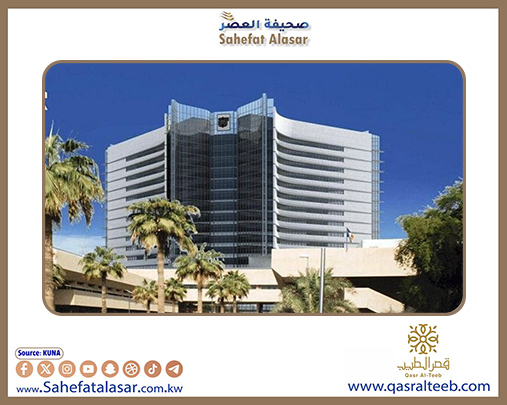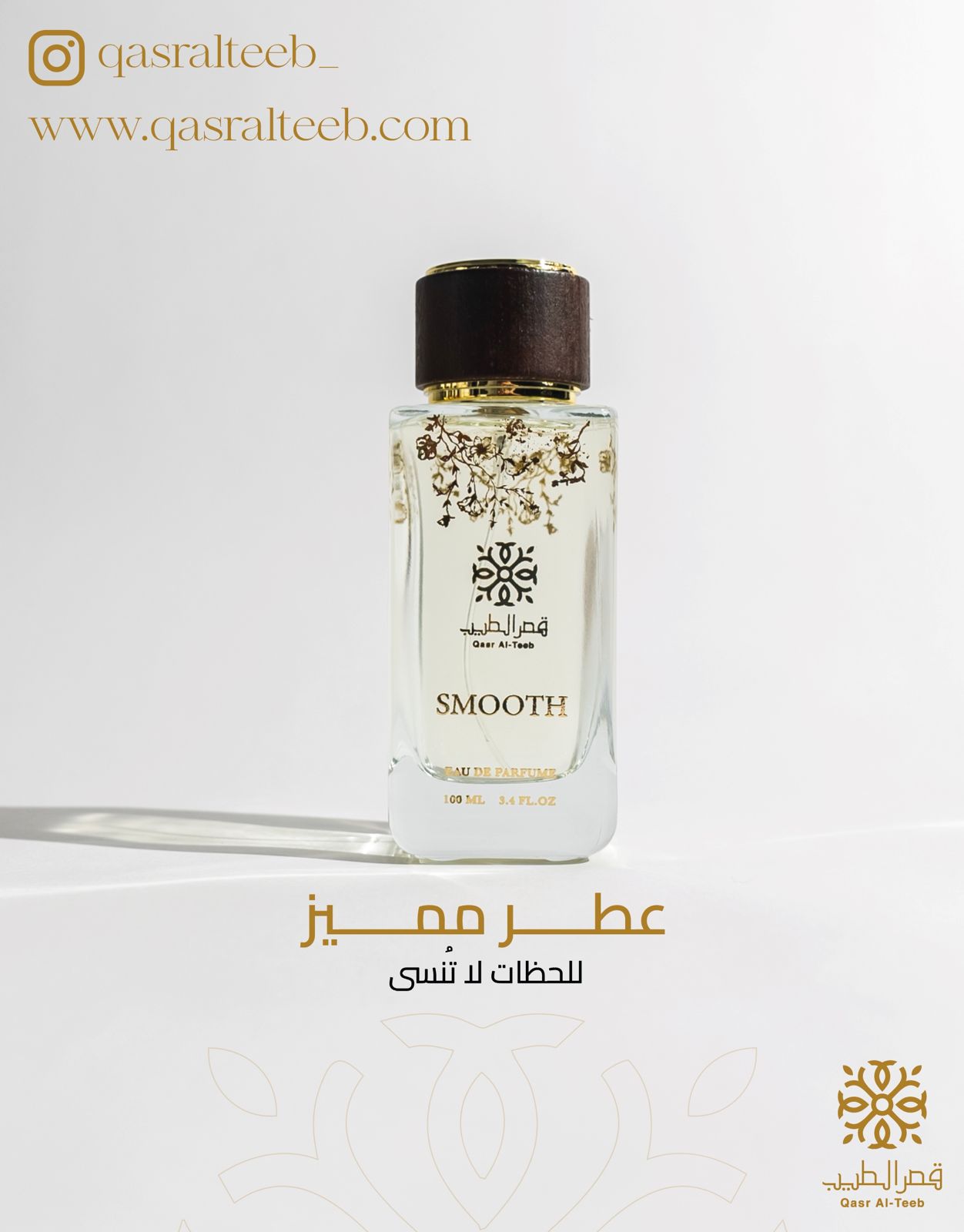


The Kuwait Institute for Scientific Research (KISR) announced the success of a scientific study published in the journal Botanica Marina, identifying the genetic profiles of three species of toxic microalgae responsible for red tide phenomena and fish mortality in Kuwaiti waters. This breakthrough resolves a longstanding scientific debate spanning years.
Dr. Manal Al-Kandari, lead researcher and author of the study from KISR's Environment and Life Sciences Research Center, told Kuwait News Agency (KUNA) on Thursday that the study marks the first local success in identifying these species (Karenia papilionacea, Karenia selliformis, and Karlodinium ballantinum) through high-resolution microscopic analysis and genetic testing (LSU rDNA) of live strains collected between 2014 and 2021.
Al-Kandari added that the study conclusively confirmed the presence of two previously debated species: K. papilionacea (with seven strains genetically matched at 99%) and K. selliformis (responsible for Kuwait’s largest fish mortality event in 1999).
She highlighted that the study’s most significant achievement was recording Karlodinium ballantinum in Kuwaiti and Arabian Gulf waters for the first time, calling it a strategic scientific milestone for the nation in marine research.
Al-Kandari noted that KISR’s research team, in collaboration with the University of Copenhagen, isolated ten strains of these harmful algae and subjected them to rigorous analyses, creating a scientific database to enhance Kuwait’s capacity for monitoring and assessing toxic algal blooms.
She emphasized that these findings will enable the development of more effective early warning systems, safeguard marine ecosystems and fisheries, and bolster food security. The study also established a reference collection of live algal strains preserved at KISR, serving as a vital national and regional resource for future research on algal impacts.
Al-Kandari praised the sustained support from the Kuwait Foundation for the Advancement of Sciences (KFAS) for marine research programs, stressing the importance of continued scientific studies to protect Kuwait’s marine environment.
